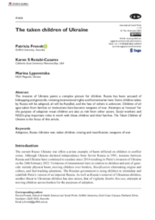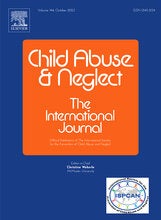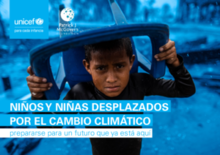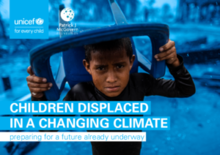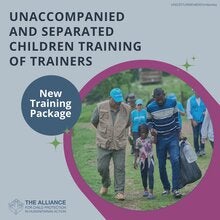Displaying 31 - 40 of 516
Judge Raul Pangalangan International Criminal Court Judge (2015 – 2021)
This article focuses on The Taken Children of Ukraine during the first 6 months of the war and its implications for social workers engaged in work with children and their families.
This study aimed to investigate the lived experiences of unaccompanied refugee children in Jordan and shed light on their unique challenges and needs.
This report is the Commission’s first annual enlargement report on Ukraine replacing the previous annual Association Implementation Reports. To complement its opinion on the membership application, the Commission published the analytical report on the acquis alignment of Ukraine in February 2023.
22 organisations are urging the EU to call for the respect of international humanitarian law and an immediate ceasefire by all parties as the number of children being killed continues to rise.
El informe analiza los peligros meteorológicos más comunes que provocan el mayor número de desplazamientos: inundaciones, tormentas, sequías e incendios forestales.
‘Children displaced in a changing climate: Preparing for a future already underway’ analyses the most common weather-related hazards that lead to the largest number of displacements: floods, storms, droughts and wildfires.
Ainsi, le présent rapport analyse les aléas météorologiques les plus courants à l’origine de la majeure partie des déplacements, à savoir les inondations, les tempêtes, les sécheresses et les feux incontrôlés.
The Unaccompanied and Separated Children Training of Trainers (UASC TOT) course is designed to prepare participants to facilitate training on unaccompanied and separated children (UASC). This training reinforces participants’ understanding of the specific needs of UASC, highlight good practice in working with unaccompanied and separated children under a protection framework, and provide participants the opportunity to apply learning so they can roll out training on UASC within their own organisation and to other stakeholders.
The article explores the notion of deinstitutionalization, emphasising its importance in post-conflict areas and emphasising the value of a personalised social work approach in promoting the welfare of children and young people impacted by the Russia-Ukraine war conflict.

